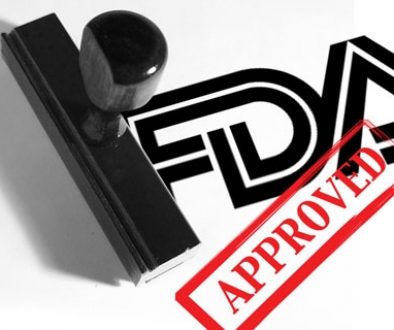Treating a Sore Throat
It’s the time of year when we suffer from sore throat. Also called pharyngitis, sore throat is typically caused by a viral or bacterial infection. An estimated 200 to 300 different strains of virus cause colds and sore throat. In up to 90% of cases, sore throat is caused by viruses linked to the common cold or flu. The other 10% of cases result from bacterial infections or some other medical condition. The bacteria that most commonly cause sore throat are streptococci. Infection with streptococcal bacteria is commonly called strep throat.
Sore throat can also be caused by irritants such as air that is low in humidity, smoking, air pollution, excessive yelling, postnasal drip caused by allergies, and breathing through the mouth. Injury to the back of the throat and stomach acid backing up into the throat and mouth are other causes of sore throat.
Although sore throat affects people of all ages, children aged 5 to 15 years, smokers, allergy sufferers, and people with compromised immune systems are at higher risk.
Symptoms:
- Coughing or sneezing
- Hoarseness or laryngitis
- Headache
- Runny nose or nasal congestion
- Lack of appetite
- Mild fever
- Fatigue
- Swollen or sore glands in your jaw and throat
- Ear pain
- Red and swollen glands
If your sore throat is due to a virus, it should go away within 7-10 days with these basic remedies and OTC treatment to help you feel better:
Treatment:
- Take a pain reliever such as acetaminophen, ibuprofen, or naproxen. Children under 18 years old should not take aspirin.
- OTC antihistamines may provide relief of postnasal drip if your sore throat is due to allergies.
- OTC antacids will help if your sore throat is due to stomach acid.
- Gargle with warm salt water (1 teaspoon of salt per one cup of warm water).
- Suck on throat lozenges or hard candies to stimulate saliva flow.
- Eat smooth foods such as mashed potatoes and yogurt.
- Use a humidifier or vaporizer — hot showers also help.
- Drink lots of fluids to help keep throat lubricated, but avoid acidic drinks like orange juice.
However, if you have strep throat – a bacterial infection – the pain starts gradually and becomes severe and constant. Symptoms can include:
- Difficulty swallowing
- Fever of 100°F or higher
Unlike a virus, bacterial infections are treated using antibiotics prescribed by your doctor. Penicillin is the most common antibiotic prescribed for strep throat. It’s important to see your doctor for treatment as soon you can to begin treatment. Along with killing the bacteria that cause strep throat, your doctor will focus on preventing complications from the infection. For example, untreated strep throat can lead to rheumatic fever, which causes heart damage along with kidney problems.
People with bacterial infections remain contagious for approximately 24 hours after they begin taking antibiotics. Consequently, if you have strep throat, it’s important to limit your contact with other people until you are no longer contagious.
If you have heart disease, high blood pressure, or are pregnant, contact your doctor or talk to your pharmacist tor recommended treatment for OTC products



